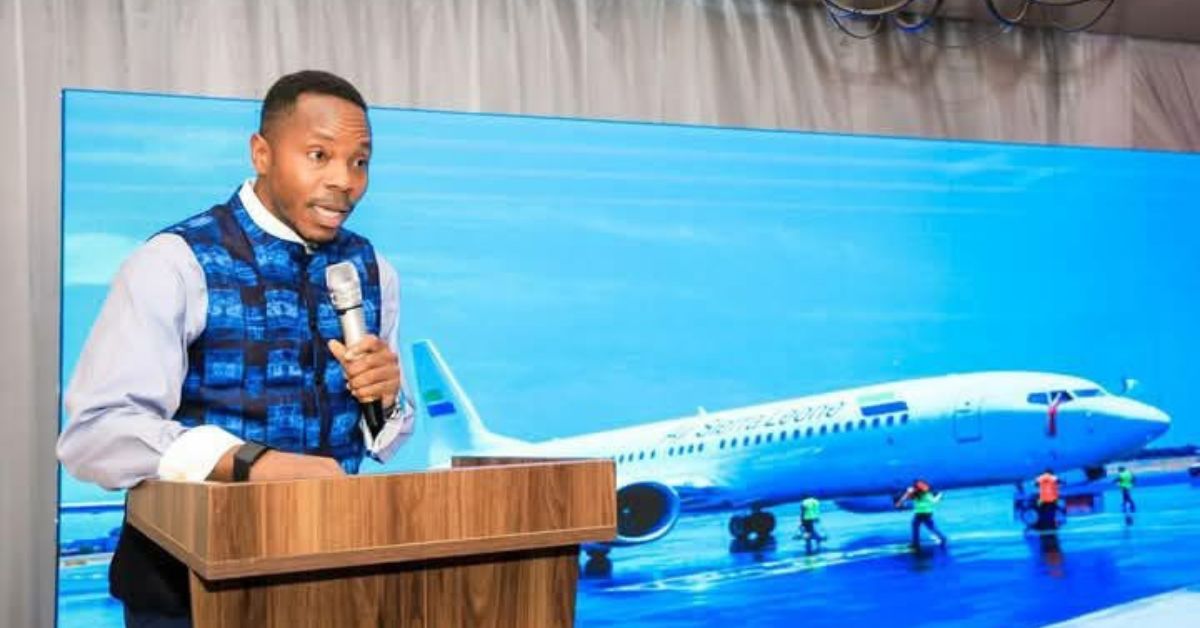The Chief Minister of Sierra Leone, Dr. David Moinina Sengeh, has in a recent audio message, pointed out the critical need for leaders to maintain strong relationships with the people they serve.
With over seven years in governance, Dr. Sengeh shared deep insights on the importance of accountability and open communication in leadership.
Reflecting on his tenure, Dr. Sengeh recounted the establishment of the Chief Innovation Officer position, which aligned with President Julius Maada Bio’s vision to integrate innovation and technology into Sierra Leone’s development.
The initiative led to the formation of the Ministry of Communications and Technology, where Dr. Sengeh initially served before transitioning to the Ministry of Basic and Senior Secondary Education (MBSSE). He expressed pride in the success of the Free and Quality Education (FQE) flagship program, which has received global recognition.
Dr. Sengeh acknowledged that he is aware of various issues raised by the public but criticized leaders who distance themselves from accountability. “Be where the people are complaining to hear and understand their complaints,” he stated.
The Chief Minister threw light on the importance of maintaining eye contact and personal interaction with the populace to effectively address their concerns. He questioned, “Why can’t some of our leaders come closer to the people?” Dr. Sengeh shared his commitment to listening to citizens in diverse settings, from governance meetings to street corners, stressing that respect should guide all interactions, including with the underprivileged.
Addressing critics of his open-door policy, Dr. Sengeh dismissed claims made by an opposition member regarding his questioning of a government minister on camera. He clarified, “Who do you serve? Do you serve yourself or do you serve the people?” He stressed that his inquiries are driven by a genuine desire to understand project statuses, regardless of the presence of a camera.
Dr. Sengeh advocated for normalizing the practice of understanding and responding to the needs of the people, acknowledging that sometimes public demands may not align with their best interests. He asserted that it is a leader’s responsibility to rationalize those demands thoughtfully.
Citing the FQE program as an example, Dr. Sengeh noted that despite initial skepticism, the initiative has become a model for educational reform worldwide, thanks to collaborative efforts and data-driven strategies.











